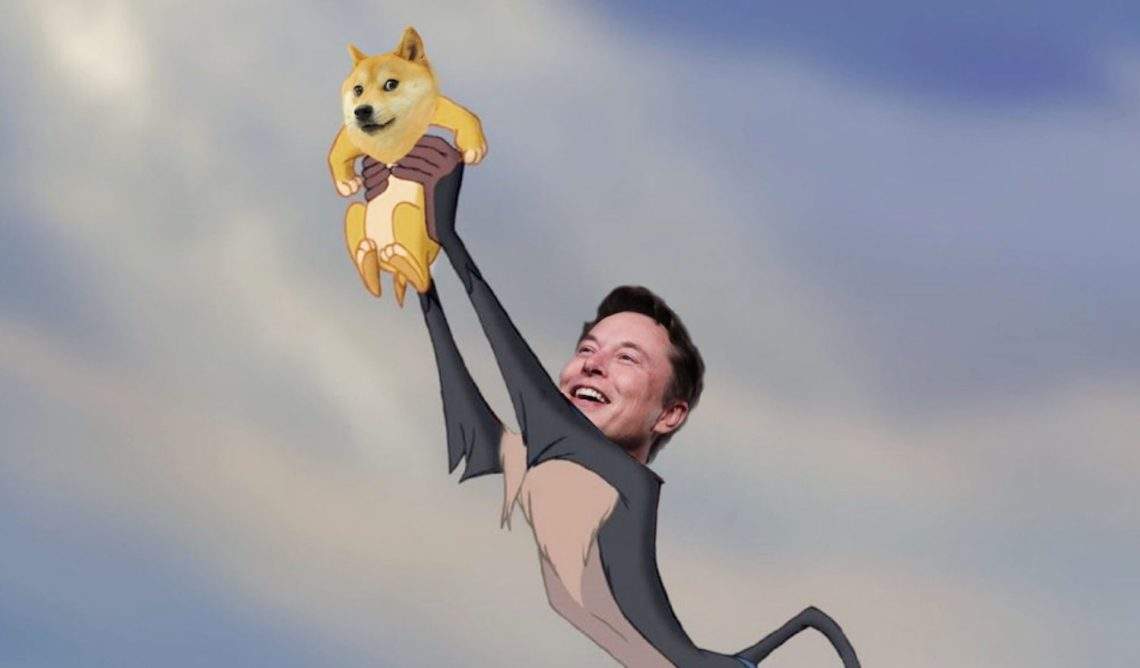Elon musk replies that your app sucks after cryptocurrency wallet Freewallet praise him

Musk’s attack came in answer to Freewallet’s tweet dedicated to Dogecoin’s (DOGE) rise and his involvement in it.
Tech mogul, the world’s richest person, and recent bitcoin convert Elon Musk highlighted the importance of managing your crypto private keys yourself.
In a Feb. 18 tweet, Elon Musk criticized major mobile cryptocurrency wallet Freewallet for its design by bluntly saying, “Your app sucks.” He explained that the reason why he dislikes the application is that it does not give its users control over their private keys:
“Any crypto wallet that won’t give you your private keys should be avoided at all costs.”
That was followed by former Monero lead maintainer Riccardo Spagni—also known as @fluffypony—piling on with a reply:
Yup – that’s why Freewallet has been listed as untrusted on the /r/monero subreddit for many, many years.
Musk’s attack came in answer to Freewallet’s tweet dedicated to Dogecoin’s (DOGE) rise and his involvement in it.
As Modern Consensus reported nearly a week ago, the tech tycoon sent the coin flying by publishing a flurry of tweets about it. “Dogecoin is the people’s crypto,” he wrote. “No highs, no lows, only Doge.” Not your keys, not your bitcoin
Musk’s comments resonate with the “Not your keys, not your bitcoin” mantra well known by all seasoned members of the cryptocurrency community. Bitcoin—and many of the crypto assets that followed—was created to ensure that people using it could do so without having to trust any third party or obtain anybody’s permission.
Those features are why bitcoin is often called trustless and permissionless. When crypto users hold their assets in a managed wallet that allows a third party to use the client’s private key on their behalf without granting them access to it, those properties are lost. Using a managed wallet—such as Freewallet—also has serious implications for the security of the funds.
If a hacker wanted to steal Bitcoin in a world where everyone used a wallet that lets them control their private key, he would have to attack the devices where the users hold their private keys. When managed wallets are involved, the hacker would only need to compromise the services managing the keys behind the wallet service to access the funds of all its users. This is called having a “single point of failure.”
Freewallet replied to the PR disaster its complementary tweet praising Musk’s Feb. 4 DogeCoin thread caused, by linking to a July 10, 2020, blog post on the custodial vs. non-custodial debate.
“Having private keys means that you have full control over the funds. Sounds good, doesn’t it? Yes, but keep in mind, full control of your money also means that you are the only one responsible for your funds,” that post noted. “Many people are not acquainted with blockchain technology very well, and even an experienced crypto enthusiast can forget a mnemonic phrase or lose private keys.
